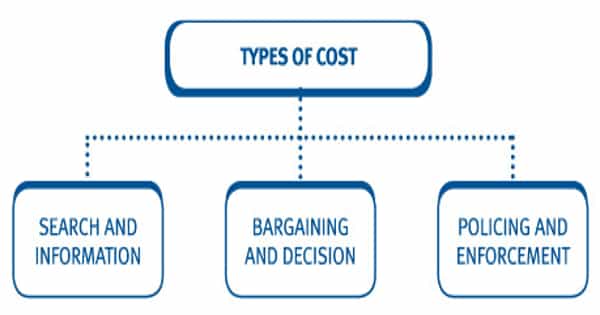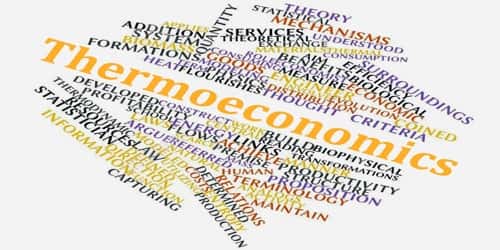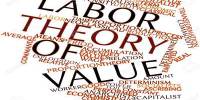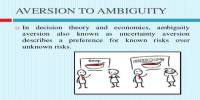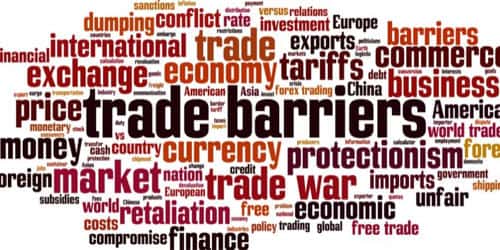Transaction costs are the costs incurred when purchasing or selling a product or service. These are expenses incurred that do not benefit any of the transaction’s participants. They are sunk costs incurred as a result of economic trade in a market. The theory of transaction costs in economics is based on the assumption that people are influenced by competitive self-interest. In a financial sense, transaction costs include broker commissions and spreads, which are the differences between the price paid by the dealer and the price paid by the buyer for security.
Legal fees, communication charges, the cost of obtaining price information, or the labor required to bring a good or service to market are all examples of transaction costs. Transaction costs are an important consideration when deciding whether to manufacture or buy a product.
The three types of transaction costs in real markets are:
(1) Search and information costs
Search and information costs include costs such as determining whether or not a required good is available on the market, which has the best price, and so on. These are the expenses incurred as a result of searching for relevant information and meeting with the agents with whom the transaction will be conducted. One such example is the stock exchange, which connects buyers and sellers of financial assets. The stockbroker’s commission is an example of an information transaction cost.
(2) Bargaining costs
Bargaining and decision costs are the expenses incurred in reaching an acceptable agreement with the other party to the transaction, drafting a suitable contract, and so on. These are the costs associated with reaching an agreement that is acceptable to all parties involved in the contract drafting process. This is examined in game theory, for example, in the game of chicken. Bargaining costs can be very low, such as purchasing a newspaper, or very high, such as trading a basketball player from one team to another. The transaction cost on asset markets and in organizational economics is a function of the distance between supply and demand.
(3) Policing and enforcement costs
The costs of policing and enforcement are the costs of ensuring that the other party follows the terms of the contract and taking appropriate action (often through the legal system) if this is not the case. These are the costs associated with ensuring that the contract’s parties keep their word and do not breach the contract’s terms. People frequently deviate from the contract in the real world, and thus enforcement costs are incurred while governing contracts. Attorney fees are one example of such a cost.
